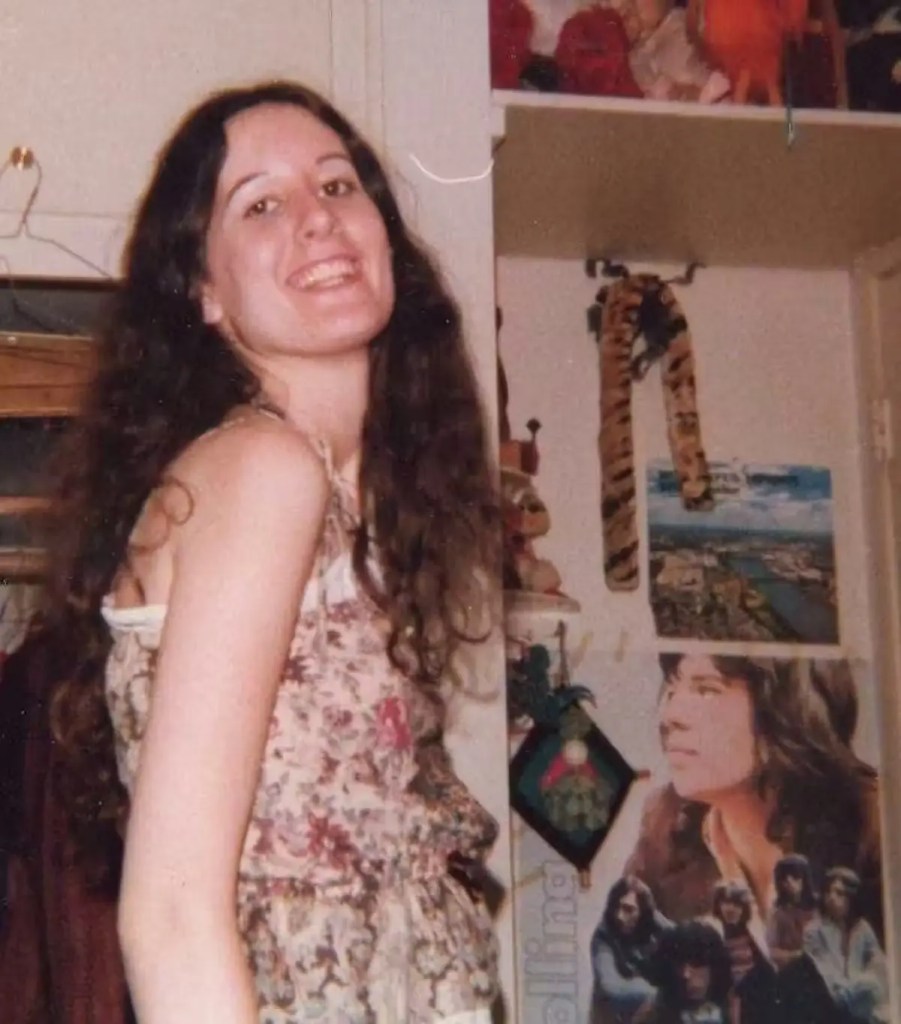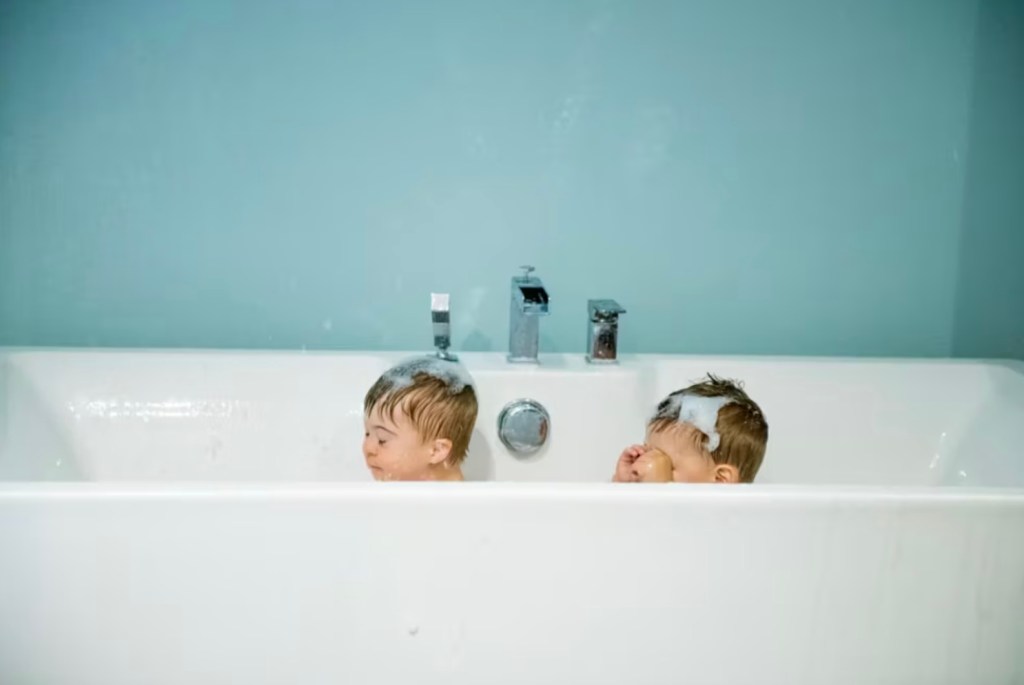Getting older isn’t easy, but it can be especially complicated if you identify as gay, lesbian, bisexual, or transgender.
“We never thought that marriage was gonna be possible,” Christian Halvorsen, 62, told The Chicago Reader. “We didn’t think adoption was gonna be possible. Two guys sitting in a restaurant could never hold hands. That has all changed.”
While the possibilities and opportunities have increased dramatically since Halvorsen’s youth, heteronormativity is still the name of the game when it comes to senior options for housing, medical care, and resources. But with more out LGBT adults reaching retirement age, there’s a monumental shift in the making.
The only question is, will it arrive soon enough for the 3 million LGBT people over 55 in the United States?
Photo by iStock.
Here are four of the biggest concerns facing LGBT seniors, and what’s being done to prepare this large and diverse community for their third act.
1. Finding support when you’re flying solo.
Feelings of loneliness and isolation can affect a person’s mental and physical health and can even lead to an increased risk of death.
Up to 75% of LGBT individuals over the age of 65 live alone, and 90% of LGBT seniors don’t have children. Meanwhile, only 33% of heterosexual seniors live alone, and 70% have children.
Considering many people rely on their spouse or children for personal, emotional, and financial support as they grow older, many gay and lesbian adults are at a serious disadvantage.
But wait, there’s hope: Support groups, clubs, and meet-ups take place across the country to connect LGBT seniors. Center on Halstead, a popular LGBT resource in Chicago, provides writing workshops, ballroom dance classes, computer classes, guided meditation, and grief and loss support groups. The Resource Center in Dallas hosts Gray Pride, a series of activities and events to boost connection and combat feelings of isolation. And the Los Angeles LGBT Center even holds and annual “Senior Prom” every summer.
Two men converse at the Long Beach Pride Parade. Photo by iStock.
2. Paying the bills and dreaming of the privilege of retirement.
Employment discrimination, lower insured rates, and, for decades, a lack of access to marriage all kept many older LGBT at or below the poverty line. Even programs like Social Security that were supposed to be financial safety nets may not apply if couples in long-term relationships can’t access survivor benefits, since many could not or did not get married.
But wait, there’s hope: The national organization Services and Advocacy for Gay, Lesbian, Bisexual, and Transgender Elders (SAGE) developed an innovative employment support program called SAGEWorks for individuals over 40. The program encourages economic and personal fulfillment through job training, tech classes, and personal coaching.
And organizations like the Transgender Economic Empowerment Initiative offer free services like career fairs and mentoring to help trans people of all ages secure and keep jobs at safe places of employment.
Many seniors, like this grocery clerk, are forced to work well past retirement age simply to pay expenses. But finding and keeping a job with a welcoming, safe employer can be challenging for LGBT people. Photo by Ronaldo Schemidt/AFP/Getty Images.
3. A safe, affordable, welcoming place to lay your head.
There are no federal laws to protect LGBT people from housing discrimination. While the Fair Housing Act (Title VIII of the Civil Rights Act) prohibits discrimination in the rental, sale, or financing of a home or apartment, the law’s protections don’t cover gender identity or sexual orientation.
At the state level, 21 states and the District of Columbia prohibit housing discrimination based on sexual orientation, leaving residents of the remaining 29 states high and dry.
Regarding housing for seniors specifically, many older LGBT adults have a difficult time finding affordable, affirming housing options and often face discrimination and intimidation from staff and other residents in traditional settings.
But wait, there’s hope: Affordable housing facilities for LGBT seniors opened in Chicago, Minneapolis, and Philadelphia in 2014. And the new campus of the Los Angeles LGBT Center features stunning yet affordable accommodations for LGBT seniors and homeless youth.
“I can rest easy instead of worrying about how I’m going to come up with the next rent, how I’m going to buy food for myself,” Town Hall Apartments resident Pat Cummings told the Chicago Reader.
4. Accessing comprehensive medical treatment without judgment.
- Nearly a third of older LGBT adults in a 2011 study reported experiencing depression.
- Close to 28% of people living with HIV/AIDS in the U.S. are over the age of 50, and that number will grow to 50% by next year.
- Lesbian and bisexual women have higher incidences of cardiovascular disease. And gay and bisexual men are more likely to have poor physical health than their straight peers.
- 13% of the respondents had previously been denied treatment or received sub-par care due to their sexual orientation or gender identity.
- And 15% of respondents fear reaching out to health care professionals outside the LGBT community.
This fear of discrimination and judgment prevents many adults from seeking the care, support, and advice they need.
But wait, there’s hope: The Affordable Care Act prohibits discrimination based on gender, race, national origin, age, or ability in hospitals and other health care facilities receiving federal funds. The Department of Health and Human Services has interpreted the law to include people who are transgender or who don’t fall along the gender binary under these protections. And recent changes to Medicare and Medicaid rules allow hospital patients to select their own medical decision-makers and guests, whether they’re family or not.
While these changes seem small, they may alleviate a lot of the anxiety and fear that come with doctor visits for LGBT individuals.
A man gets a medical check at a health center that also provides refreshments, card games, and classes. Some LGBT centers also operate on this model. Photo by Joe Raedle/Getty Images.
As our peers, parents, and grandparents get older, it’s important that we keep asking questions and working toward progress.
All seniors deserve to feel safe and cared for, and older LGBT adults are no exception. We must help them transition to this new stage of life with dignity and respect. It’s not the end — it’s the start of a brand-new era they’ve worked hard to reach.
As Eva Skye, 62, told The Chicago Reader: “My family is the rainbow community. My life is now.”
There may be challenges, disparities, and problems to overcome, but there is always hope.
Photo by iStock.
























